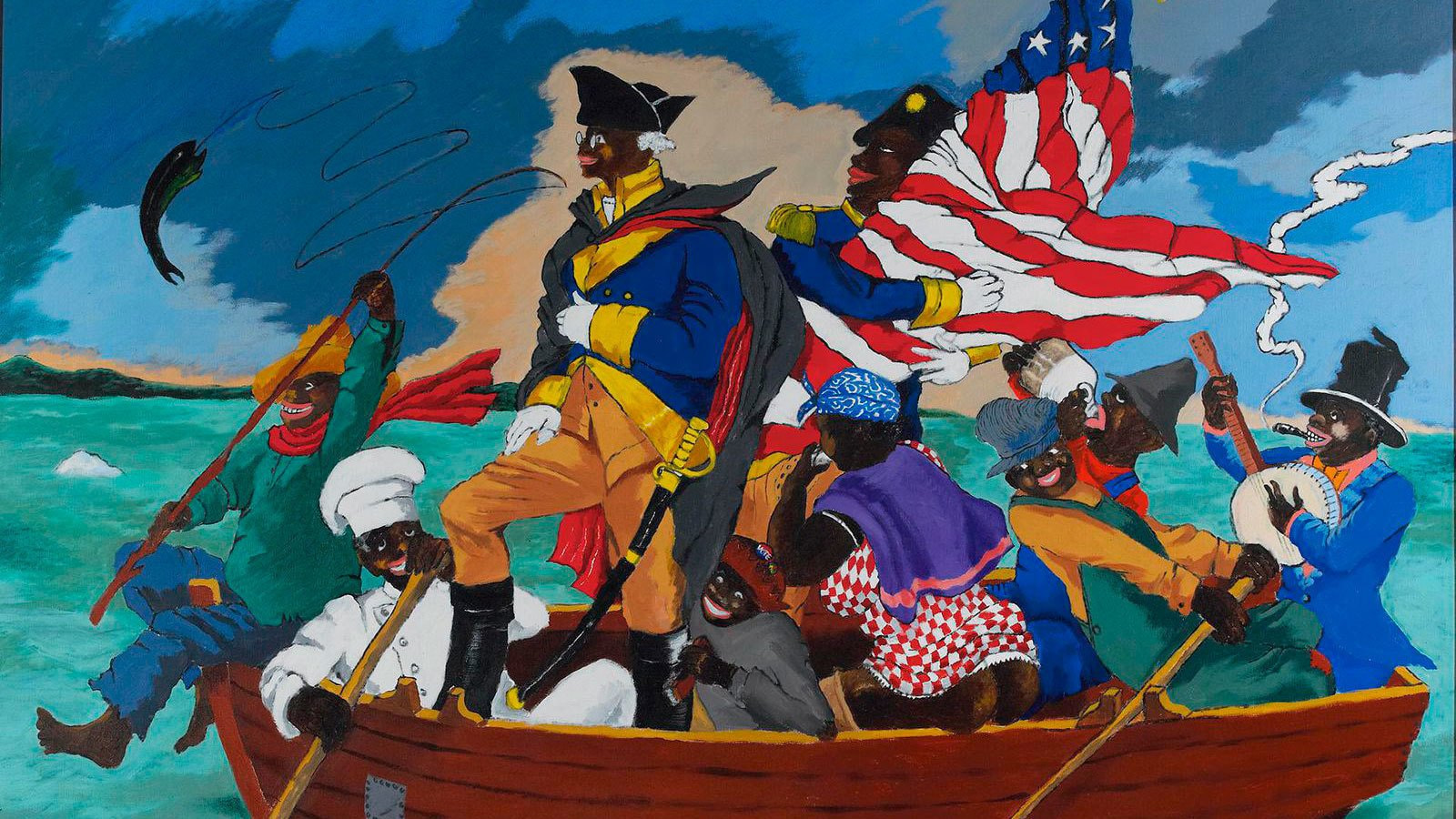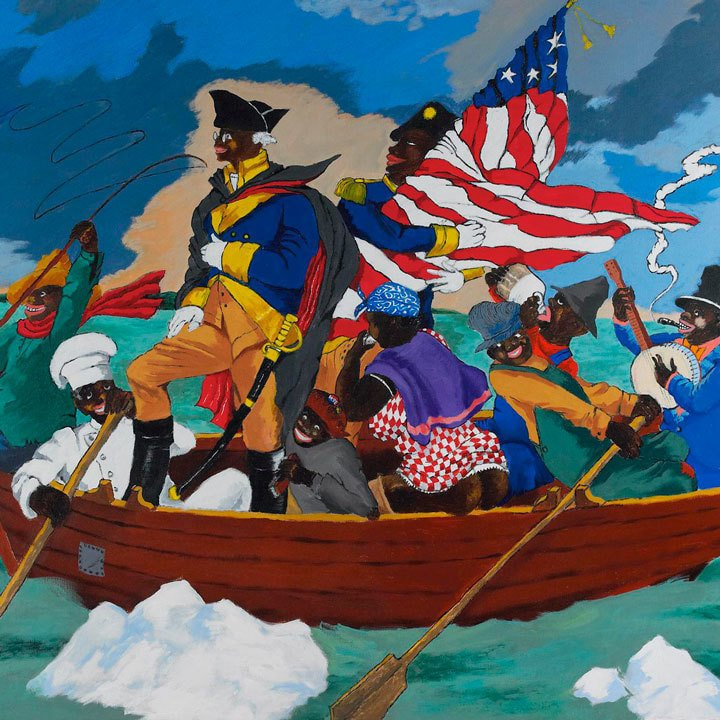The first public lecture in Russia by one of the authors of Art Since 1900: Modernism, Antimodernism, Postmodernism.
In modern and contemporary art, the gauge of political efficacy has tended toward claims for the revolutionary power of art (early in the twentieth century) and its capacity to critique the status quo (ever since). Considering both modern and contemporary works of art, ranging from Duchamp to the African American Robert Colescott, this lecture will argue that painting’s triple articulation of timing—the time involved in discharging a mark, the way that each painting enters into the medium’s long history, and the registration in painting of a passage from one figure to another—represents a kind of politics that is engaged with history and how it is recounted, as opposed to dominant notions of critique and subversion. In short, “Timing Painting, Revising History” will propose that the act of painting—its form and its capacity to bring together different temporalities in myriad formations—equips it to invent new non-Eurocentric narratives. Art’s politics, then, would lie in its capacity to mold new models of imagining and perceiving history.

